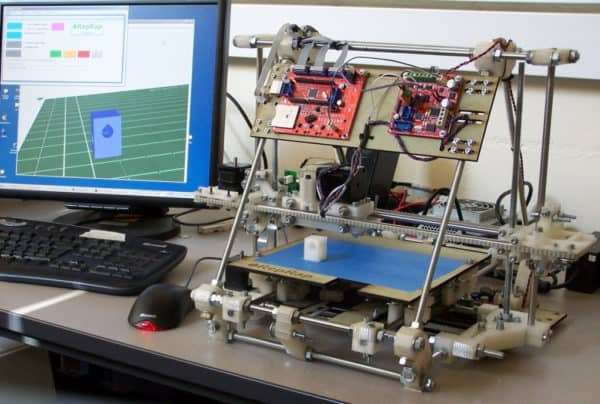

Here in Canada, we have acquitted ourselves pretty well in the realm of technological innovation. Our relatively young history has almost coincided with post-Industrial Revolution modernity, and spawned some globally recognized inventions.
Inventions both profound (Alexander Graham Bell’s telephone) and mundane (Joseph-Armand Bombardier’s snowmobile) have dealt with the challenges Canada happened to have, making the huge distances and inhospitable weather somehow less onerous.
In an earlier age, people worked with materials at hand, inventing the birch bark canoe to navigate the highway-like rivers between settlements. It isn’t particularly encouraging that we still use advanced technology to merely reach for the lowest hanging fruit, poking holes in the ground and squandering our vast freshwater reserves when we could be harnessing the sun or the power of quantum engineering. At our technological best, we can plagiarize nature, emulating its processes in order to improve our place in it, rather than merely depleting us both.
But some still fear an economy based on technology instead of resources. They needn’t. To counter paranoia generated by the doomsayers of innovation, here are five reasons the future will be better than you can possibly imagine, if we’re smart about it.
1. Robots
Providing we can indefinitely quell the robot uprising predicted by dystopian fiction, robots will offer very real use to humans in relieving the suffering experienced by manual factory labour around the world, and also a set of unimaginably precise hands for performing surgical procedures. Robots will also be our first beacons sent to explore space, boldly going places where no man is ever likely to be able to go, all the while reporting their valuable findings back to us.
2. Urban farming and genetically modified food production
Ecologically conscious types used to wring their hands over the 100-mile diet. How about the 1-mile diet? Food for urban dwellers will come from vertical farms housed in skyscrapers. And who will till those fields? Robots, of course.
3. Big Data.
While it can certainly be used for malign purposes (read “advertising”), the potential for Big Data to transform our lives for the better is revolutionary. Aside from changing machines, leading to innovations like perception, reasoning and decision making, Big Data is set to introduce life-changing efficiencies to the way we live through analytics.
4. 3D printing
CAD design combined with wide availability of 3D printers will revolutionize manufacturing, not only for shoes or Eiffel tower replicas, but organic materials. Human tissue can be printed for surgical transplant. And dinner will be downloadable.
5. The Internet of things.
Desktop computers as we know them will become increasingly rare, to be replaced by peripherals, wearable and otherwise. A computer as powerful as a contemporary home computer will fit into a package the size of a wristwatch and accomplish all the things you currently rely on your smartphone for: GPS, email, social networking, etc. These things will be connected by ubiquitous internet nodes to household appliances, public transit, and an ever more efficient hydroelectric grid. The infrastructure of the internet will no longer be dependent on the telecommunications infrastructure that exists only in densely populated areas. It’ll be a lot faster and cheaper, too.
Leave a Reply
You must be logged in to post a comment.


 Share
Share Tweet
Tweet Share
Share




Comment